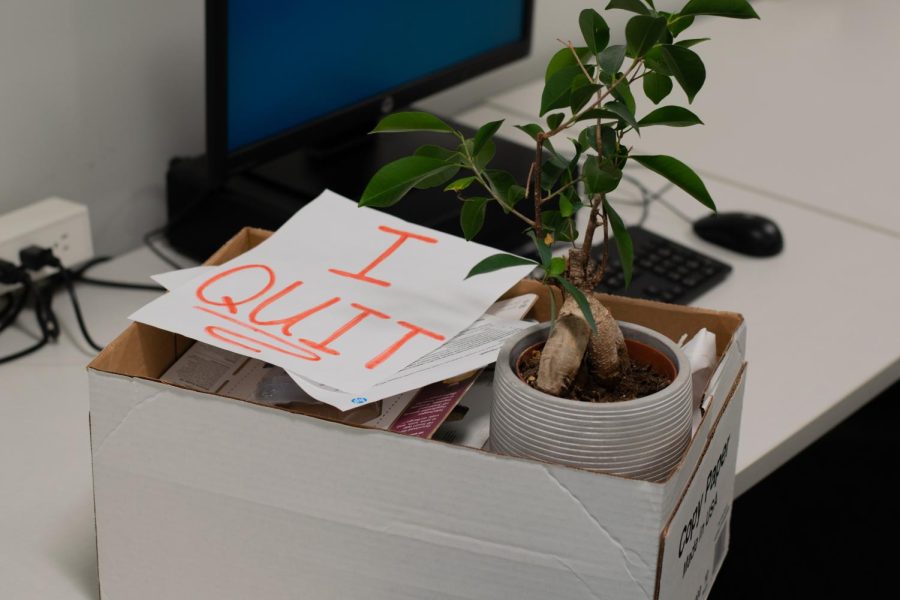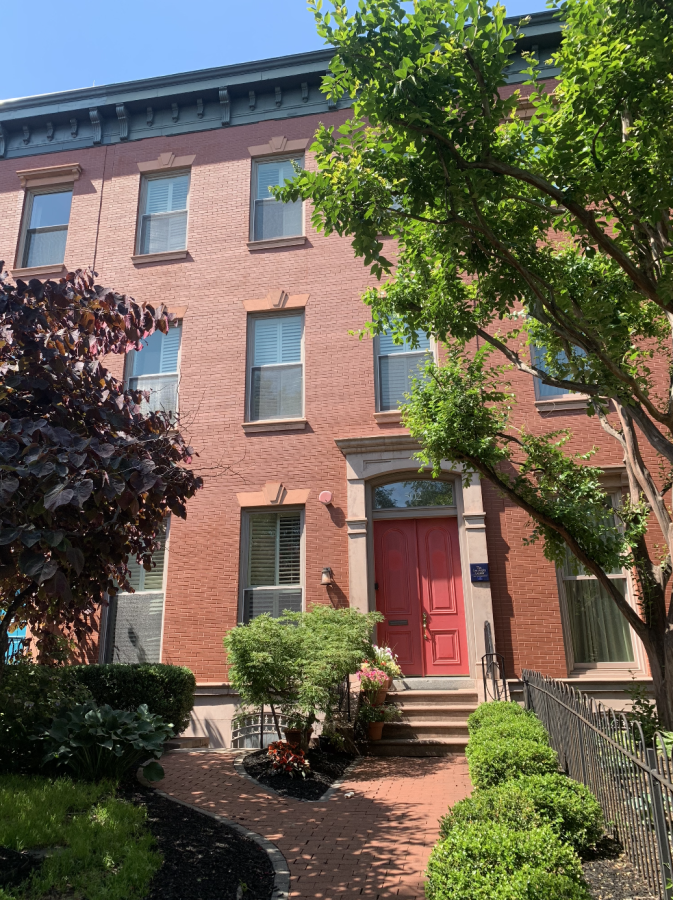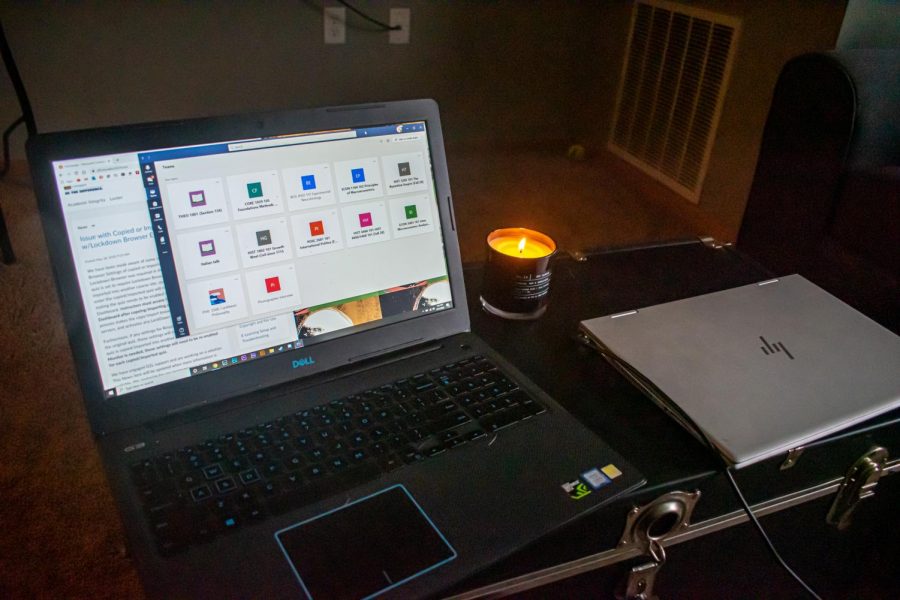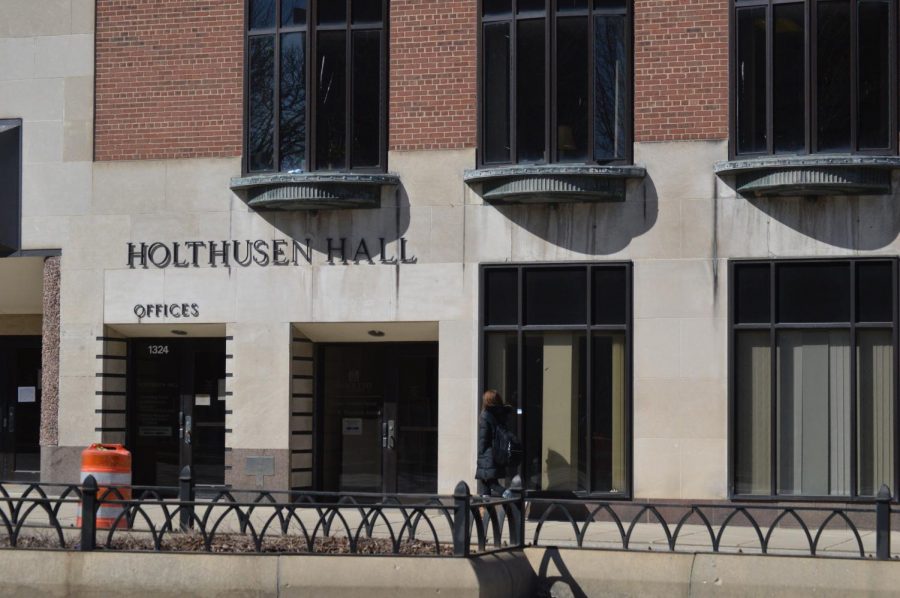With summer looming, the internship application season is in full swing as Marquette students scramble to send out their cover letters and seize a position they can use to gain work experience. In this process, students may have to decide whether working without pay this summer is worth it.
Director of Marquette’s Career Services Center Laura Kestner said she conservatively estimates that 60 to 70 percent of Marquette students have an internship during their academic career.
Among those internships, a majority of unpaid positions are concentrated in the College of Communication and in the College of Arts & Sciences, Kestner said. Those in the College of Business Administration and College of Engineering are much more likely to receive paid internships.
While unpaid internships vary, Kestner said that some organizations do use unpaid interns to get menial side work, such as photocopying and coffee-fetching, completed.
“Are there employers that take advantage of students?” Kestner asked. “Absolutely.”
Some studies show that an unpaid internship may not be as beneficial as a paid one. According to the National Association of Colleges and Employer’s 2012 Student Survey, paid interns have a considerable edge over unpaid interns in the job hunt. According to the survey, 60 percent of college graduates with a paid internship received job offers in 2012. In contrast, 37 percent of those with unpaid internship experience received a job offer – just better than the 36 percent of 2012 graduates who received jobs offers and did not have any internship experience.
The study attributes this discrepancy to the tendency of paid interns being able to engage in more professional and field-related work, whereas unpaid interns are more likely to participate in clerical duties.
Lawmakers are wary about the legality of students working without pay including President Barack Obama, who voiced his opposition to unpaid internships in 2010. Opponents of unpaid internships say it is exploitation and prevents students without financial security from gaining work-related experience and benefits of wealthier students.
A reduction in the overall number of internships available to students is one possible result, Kestner said.
“If we start requiring people to pay (for interns) – they’re not going to offer it,” Kestner said. “And that’s the hard part. It’s a double-edged sword. Because if we say it’s illegal to have volunteer interns – then people are not going to have any interns, and that will have a negative impact on our students.”
John McAdams, an associate professor of political science, disagreed that organizations that use unpaid interns are “taking advantage” of them. He said that students decide to work without pay because they think the experience will benefit them.
“Why would a student take an unpaid internship?” McAdams asked. “Because they think it makes them better off. Why would (an employer) hire an unpaid intern? Because they think it makes them better off.”
Furthermore, McAdams said that unpaid interns are working without pay voluntarily. Those students who do not want to work without pay can seek out paid internships if they wish.
“It’s a voluntary transaction between two consenting adults,” McAdams said about unpaid internships.
Despite the controversy, unpaid internships are generally regarded as highly valuable learning experiences. Rather than impose minimum wage requirements on the organization offering internships, both Kestner and McAdams agree that universities should subsidize lower-income students with stipends so that they can complete unpaid internships without putting a strain on their finances. Such scholarships would not reduce the number of offered internships and would give monetary assistance to needy students.
With the exception of the Kleczka Internship for students interested political science, Kestner said Marquette does not offer such scholarships.
Sebastian Jansson, a junior in the College of Communication, is an unpaid intern working to produce digital content for a new web start-up and estimates that 70 percent of the media on the site is created by unpaid interns. Though he would like to be paid for all the work he’s done, he acknowledges that new businesses – like the one he works for – cannot afford it.
“I do not think it should be a mandated minimum wage,” Jansson said. “It is their business, and if they don’t want to pay you that is their decision. If you can’t accept that, then there are plenty of internships that actually do pay.”









